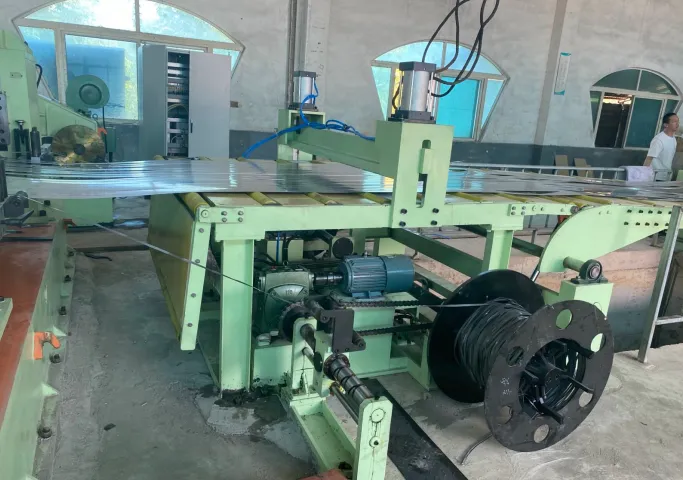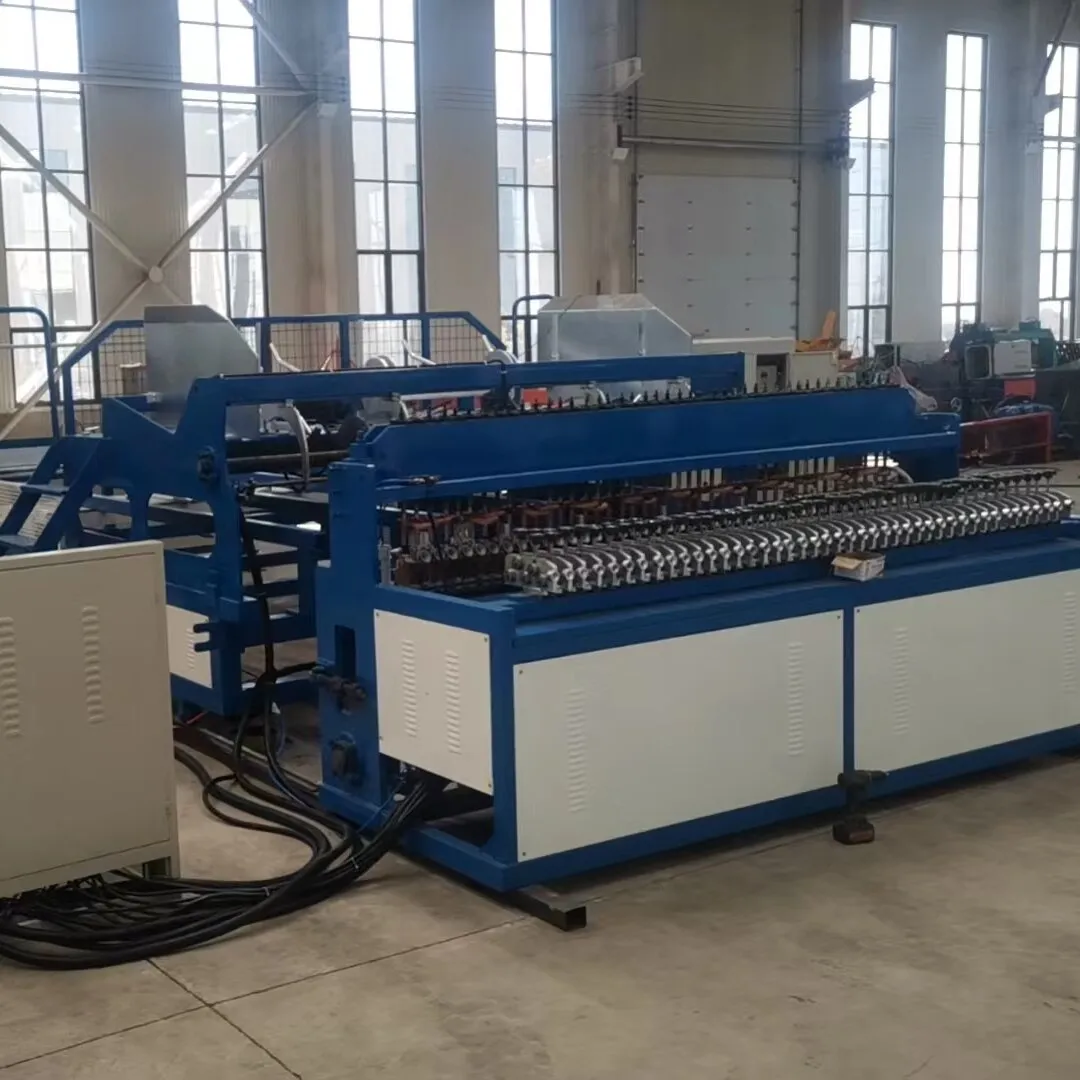Round Downpipe Roll Forming Machine High-Speed & Automatic Solutions
- Overview of Round Downpipe Roll Forming Technology
- Technical Advantages Driving Industry Adoption
- Performance Comparison: Leading Manufacturers Analyzed
- Custom Solutions for Diverse Production Requirements
- Material Compatibility and Precision Engineering
- Real-World Applications Across Multiple Sectors
- Future-Proofing with Advanced Round Downpipe Machinery

(round downpipe roll forming machine)
Revolutionizing Drainage Systems with Round Downpipe Roll Forming Machines
Modern construction demands precision-engineered drainage solutions, making round downpipe roll forming machine
s indispensable for manufacturers. These systems convert galvanized steel or aluminum coils into circular downspouts with diameters ranging from 75mm to 150mm, achieving tolerances within ±0.2mm. Industry reports indicate a 17% annual growth in demand for automated pipe forming solutions since 2020, driven by global infrastructure development.
Technical Superiority in Metal Forming
Premium-grade roll formers incorporate servo-driven technology that reduces energy consumption by 35% compared to hydraulic systems. Key features include:
- Multi-stage forming stations (12-18 units) for optimal material flow
- Real-time thickness monitoring (accuracy: ±0.05mm)
- Automatic lubrication systems extending component life by 40%
Advanced models achieve production speeds of 45m/min while maintaining surface finish quality (Ra ≤ 1.6µm).
Manufacturer Capability Analysis
| Parameter | Standard Model | Premium Model | Industrial Model |
|---|---|---|---|
| Max Output (m/hr) | 1,200 | 2,400 | 3,600 |
| Tooling Change Time | 90min | 45min | 22min |
| Material Thickness Range | 0.4-1.2mm | 0.3-2.0mm | 0.25-3.0mm |
Tailored Production Configurations
Customization options address specific market needs:
- Dual-line systems combining round and square pipe production
- Climate-optimized models (-30°C to 50°C operation)
- Smart sensors detecting material defects (99.7% accuracy)
Retrofitting existing lines with automated downspout modules typically yields ROI within 14 months.
Precision Engineering Standards
High-end systems maintain dimensional consistency across 10,000+ production cycles. Critical components use:
- Cr-Mo alloy shafts (HRC 58-62 hardness)
- Polyurethane guides reducing metal-on-metal contact
- Laser alignment systems (0.01mm repeatability)
Global Implementation Success Stories
Notable installations include:
- European roofing manufacturer: 85% reduction in seam defects
- Asian infrastructure project: 2.8km daily output capacity
- North American contractor: 12% material savings through optimized nesting
Sustainable Manufacturing with Automatic Round Downspout Systems
The latest automatic round downspout roll forming machines integrate energy recovery systems that capture 85% of braking energy. Predictive maintenance algorithms reduce downtime by 60% while IoT-enabled models provide real-time production analytics. As regulatory requirements tighten, these machines ensure compliance with international standards like EN 612 and ASTM A929.

(round downpipe roll forming machine)
FAQS on round downpipe roll forming machine
Q: What is the purpose of a round downpipe roll forming machine?
A: A round downpipe roll forming machine manufactures circular downpipes for drainage systems by shaping metal coils into precise cylindrical profiles. It ensures consistent dimensions and high production efficiency for gutter systems.
Q: How does an automatic round downspout roll forming machine improve productivity?
A: The automatic version reduces manual intervention with features like coil feeding, cutting, and stacking. This increases output speed, minimizes errors, and optimizes workflow for large-scale downspout production.
Q: Can a round pipe to square pipe machine handle multiple material types?
A: Yes, these machines typically work with galvanized steel, aluminum, or copper. Customizable rollers allow adaptation to different material thicknesses and shapes during the transition from round to square profiles.
Q: What maintenance is required for round downpipe roll forming machines?
A: Regular lubrication of rollers and gears, inspection of hydraulic systems, and calibration of cutting mechanisms are essential. Preventive maintenance ensures longevity and consistent product quality.
Q: Are custom profiles possible with these roll forming machines?
A: Yes, most machines allow customization of diameter, length, and thickness by adjusting roller configurations. Specialized tooling can be added for unique downpipe or downspout designs.
